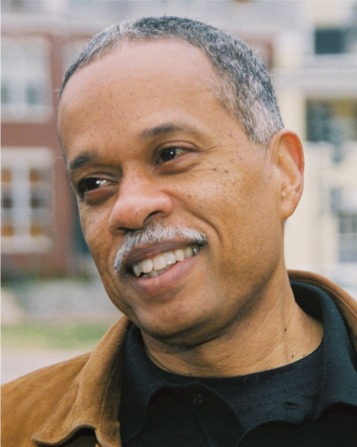Juan Williams and I both worked at The Washington Post at the same time and have remained friendly ever since, so I was very interested in the media melodrama that unfolded last week when National Public Radio fired him. 
NPR CEO Vivian Schiller accused Juan of violating the radio network’s journalistic standards after he said on Fox Television’s “The O’Reilly Factor” that he got nervous when he was in an airport and saw people in Muslim garb.
His firing caused a flurry of accusations. Muslim groups accused Juan of being prejudice – a charge he denied. Bill O’Reilly accused NPR of dumping Juan because he had become a familiar face on the conservative Fox network — thereby irritating liberals. And everyone from Sarah Palin to NPR’s ombudsman chimed in.
Meanwhile, a chilling statement by Schiller was largely overlooked.
 es sick you would assume their family would gather around and help them get well. But as we all know, mental disorders are not like any other illnesses and families…well, if you want to know how complicated family relationships can be just read a recent comment by Leslie Khalsa on my August 2nd post on
es sick you would assume their family would gather around and help them get well. But as we all know, mental disorders are not like any other illnesses and families…well, if you want to know how complicated family relationships can be just read a recent comment by Leslie Khalsa on my August 2nd post on 





